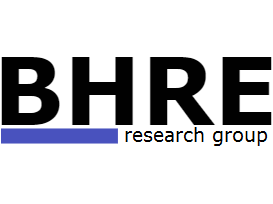The Apple way to make products: a response to Apple’s 10th ‘supplier responsibility progress report’
/Apple is among the world’s largest companies and has a supply chain to match, but does its claim to be strict on supplier labour standards hold water?
Apple released its 10th Supplier Responsibility Progress Report this March. “There’s a right way to make products”, Apple proclaims. “It starts with the rights of the people who make them.”1 Currently Apple has 346 suppliers in China alone, more than those in Japan (126), the United States (69), Taiwan (41), Korea (28), Malaysia (23), Thailand (19), the Philippines (19), and Vietnam (18) put together2. Are Chinese workers enjoying their rights in Apple’s supply chain? What responsibility does Apple have to the Chinese workers who make its products?


